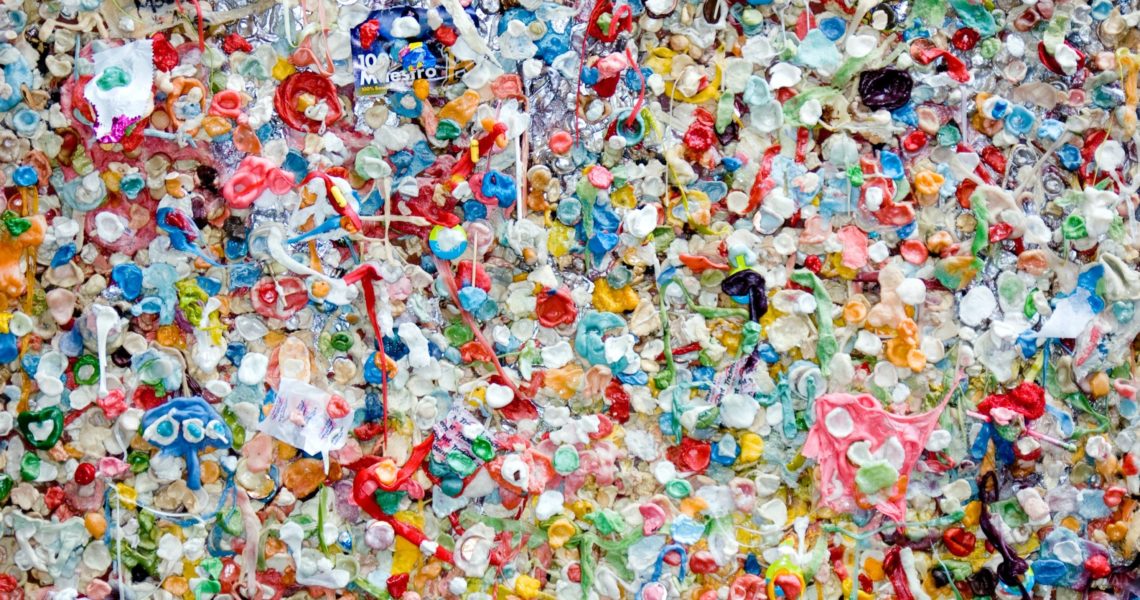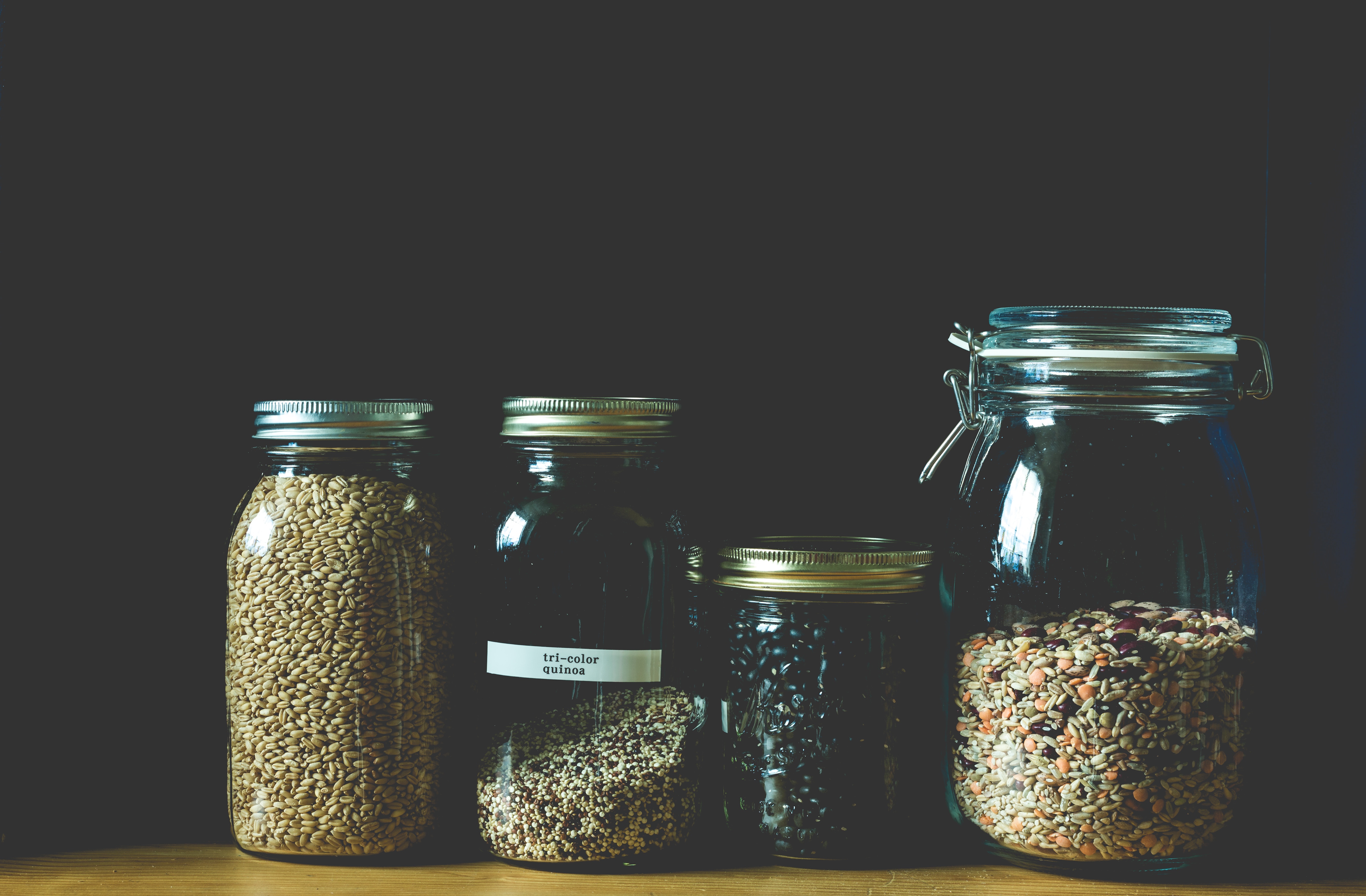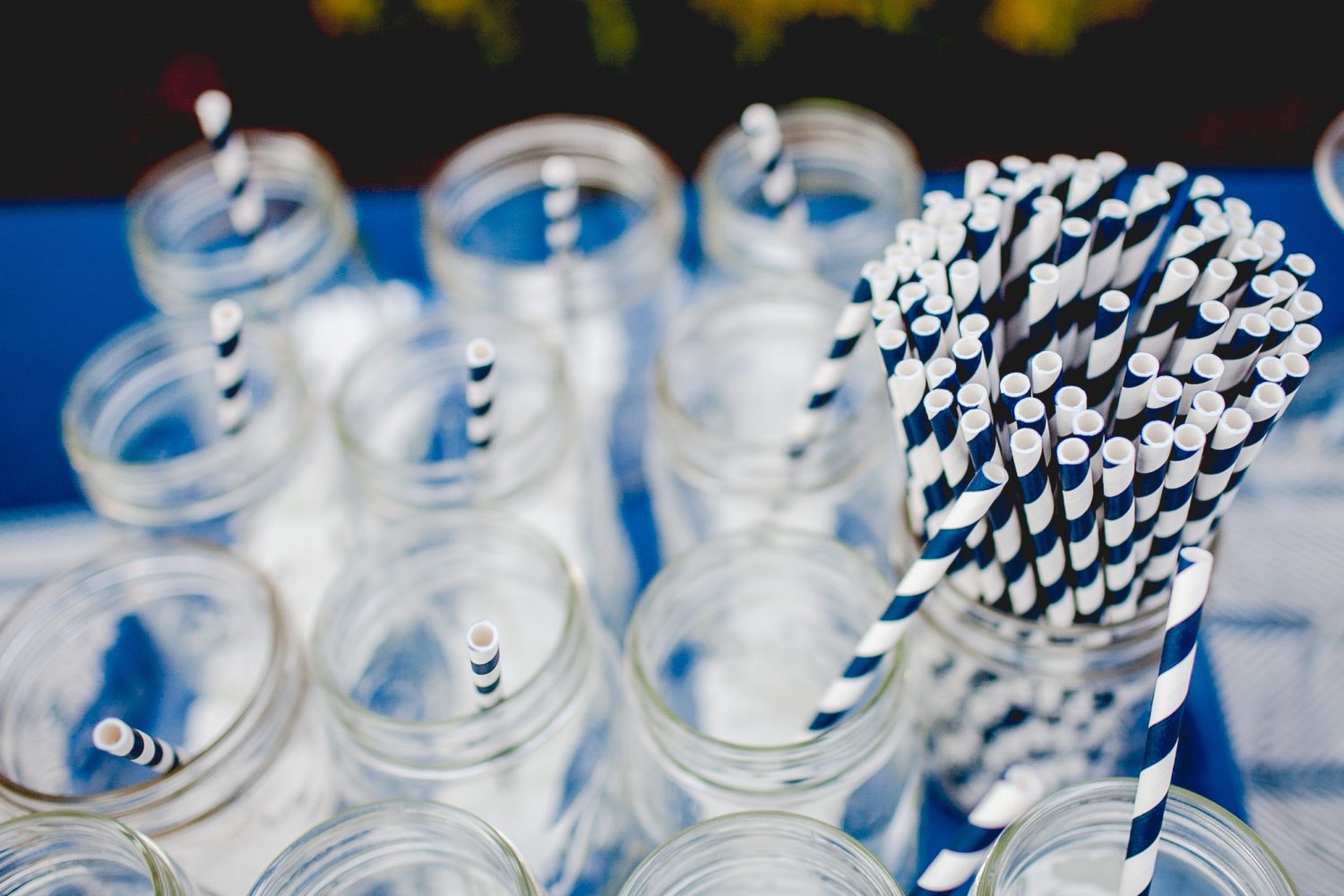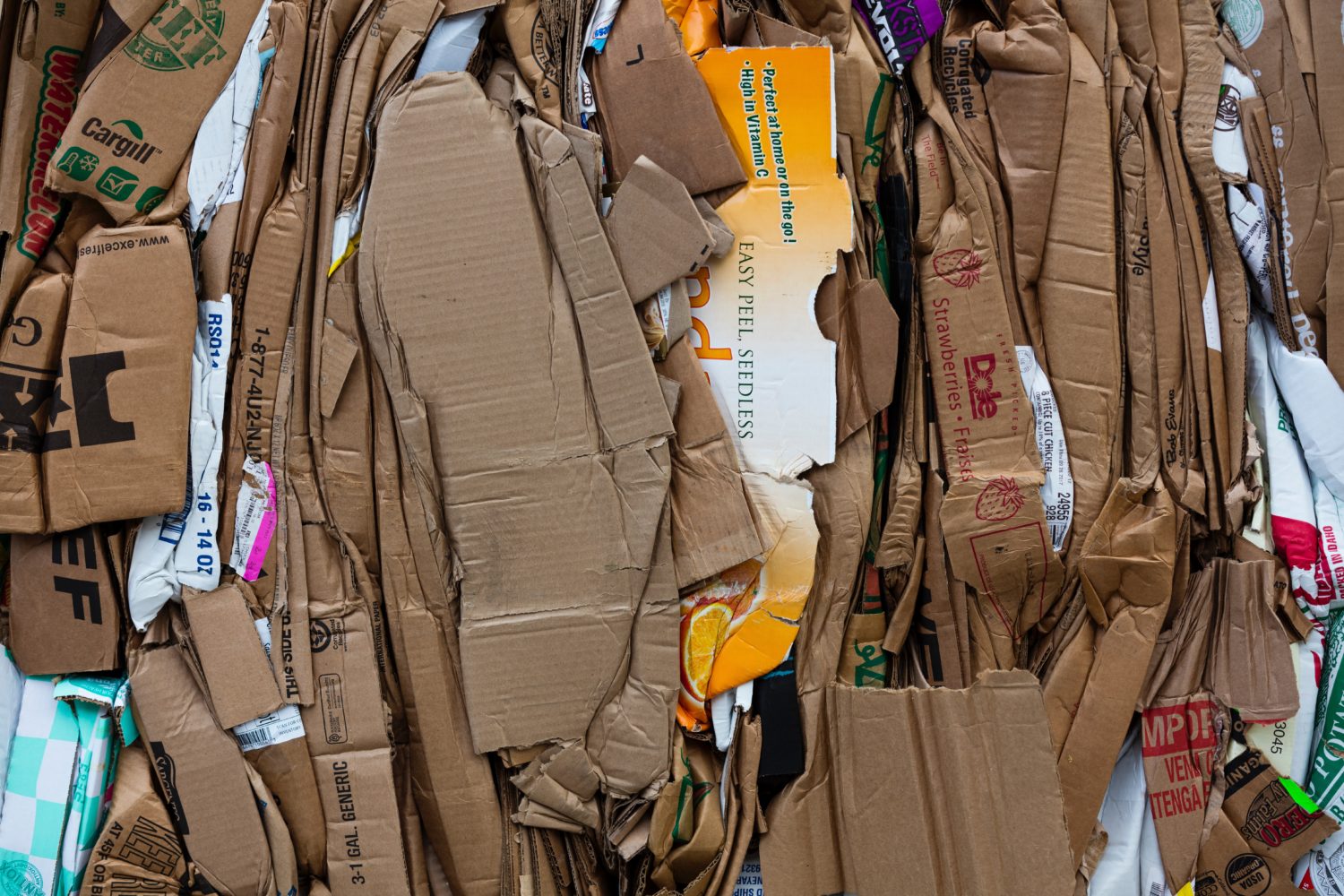
Is Plastic-Free Always Eco-Friendly?
The conversation around plastic always increases this time of year with the arrival of Plastic Free July. And while I do try and avoid plastic when possible, there are times when I’ve realized that the plastic-free option isn’t quite as eco-friendly as I’ve been led to believe.
Here are some questions I find myself asking:
– Is the amount of water and/or chemicals needed to clean an item in order to reuse it excessive?
– Does this plastic-free option have to travel across the country to reach me? Or is there a locally made option (that might be packaged in plastic) available instead?
– Does the plastic-free option utilize chemicals or ingredients that can harm the environment in other ways?
That last question is actually what led me down this rabbit hole of thoughts. Let’s rewind. Recently, I found detergent sheets at Target (something I’ve always seen online but never in an easily accessible store). I immediately purchased it to test it out. I loved the small, minimal cardboard box (no plastic packaging!) and the ability to tear the sheets to use exactly what I needed (making it pretty cost effective). So far, I have no complaints on it’s effectiveness either. It cleans my clothes, doesn’t leave behind a strong scent, and dissolves completely in cold water washes (maybe because I don’t use an entire sheet?). All wins. But then (after being prompted by some low reviews on Target’s site), I looked at the ingredients and noticed that number two on the list… Polyvinyl Alcohol (aka PVA). PVA is in a lot of things (cleaning supplies, contact lenses, and a hundred other household and healthcare items) and is considered safe. The average consumer probably sees it as the thin coating/film on dishwasher and laundry pods (with laundry sheets, it’s woven in). I bulk buy dishwasher detergent pods that are coated in these.
But… is PVA bad for the environment? I don’t know. According to Michigan State University, “Research supports that PVA does not negatively impact environmental health when water treatment facilities are available. Water treatment facilities contain the correct microbes to break down the material completely.” In addition, the article also mentions that using products with PVA (like detergent pods), “can have a positive impact on the environment as less water is used in the detergent, thus saving water and weight.” On the other hand, companies that have a more vested interest against PVA have different thoughts. According to Blueland and this study, “over 75% of PVA persists in our waterways and our soil after it dissolves in laundry and dish washing machines” since “most wastewater treatment facilities do not have all of the conditioners necessary for PVA to fully degrade.” So which one is it? Time and more research will tell.
In the meantime, what do we (the consumer) do? In my case, do I make the switch completely over to the plastic-free packaging laundry detergent sheets? Or do I continue to use my always trusty, multi-use, housed in 100% PCR plastic (but still plastic) Dr. Bronner’s Sals Suds Biodegradable Cleaner? Ultimately, everything has its pros and cons and we must each decide what we’re comfortable with and what matters most to us.
So what’s my point here? Do your research. Be mindful and think through whether something is actually eco-friendly in more ways than one. Is being 100% plastic-free the most important thing to you? Great. Go for it. Or are you more concerned about other kinds of environmental pollution that can stem from different chemicals or transporting products across long distances? For me, I try to strike a balance between the two. Sometimes, I pick the product that’s made locally and housed in plastic. Sometimes, I read the research and decide that a little PVA in my detergent is absolutely fine. But you… you do you. And please tell me your thoughts!





